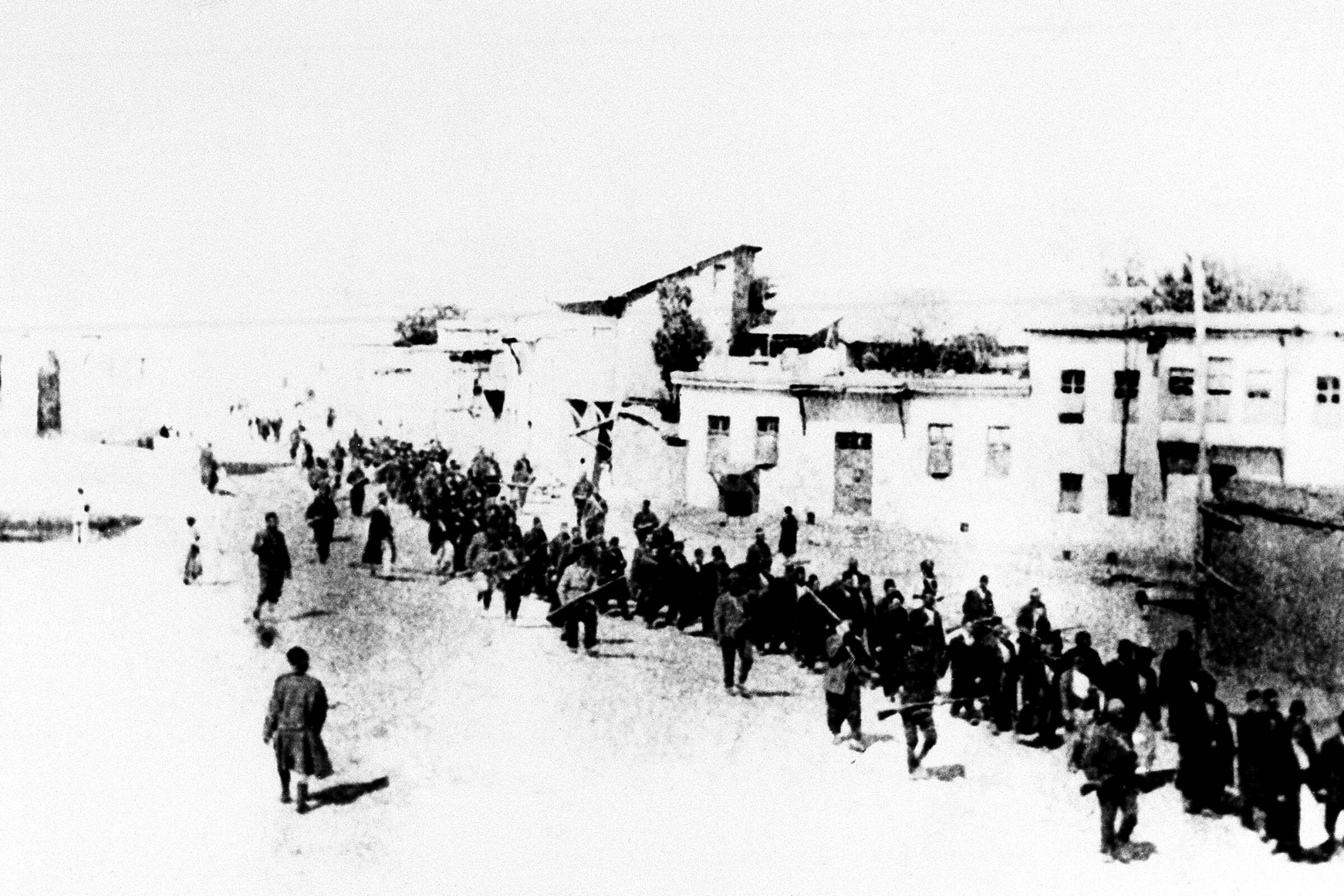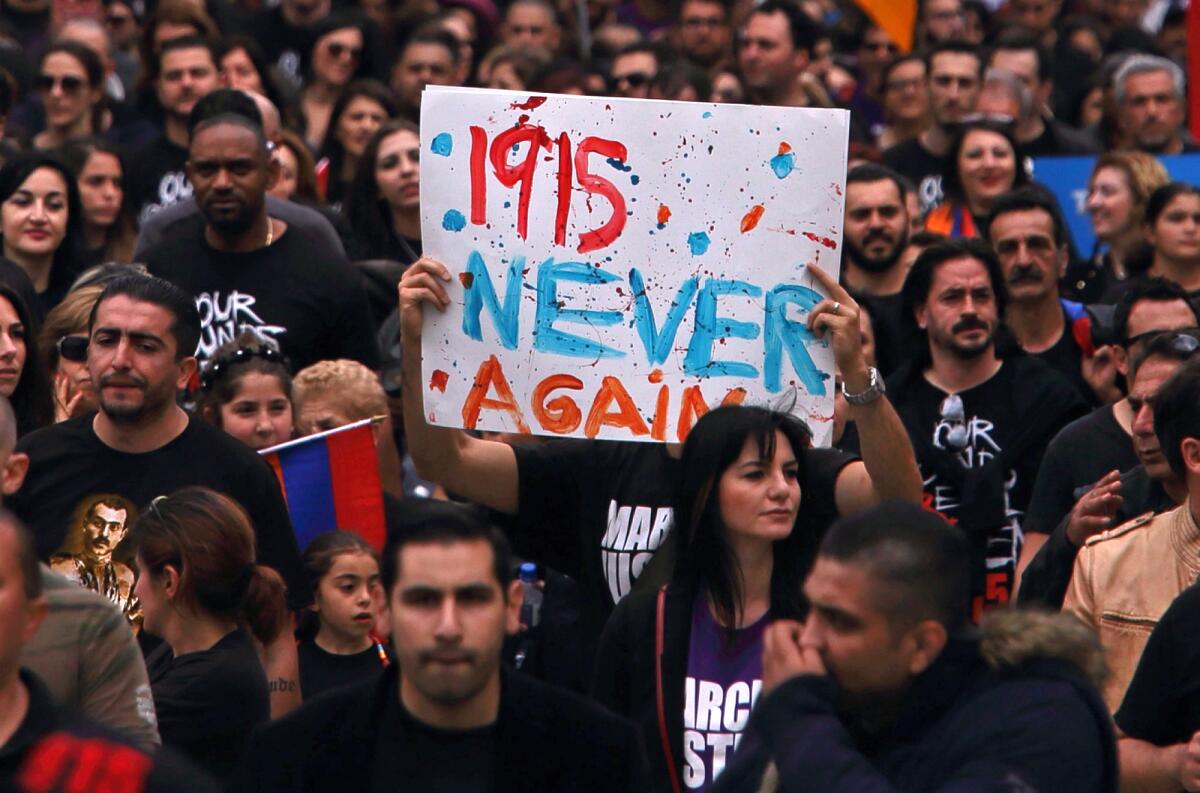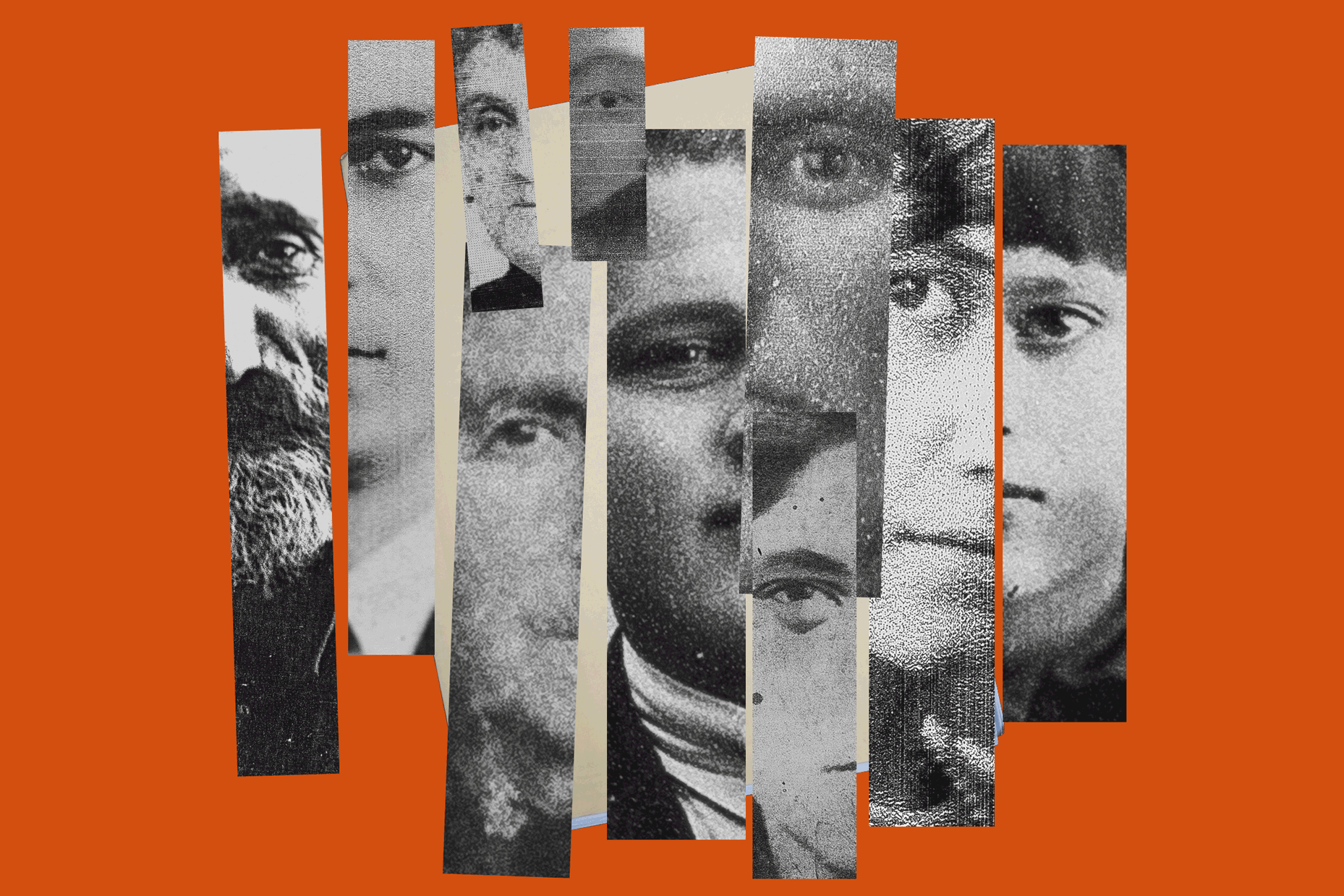Sign up for Essential California
The most important California stories and recommendations in your inbox every morning.
You may occasionally receive promotional content from the Los Angeles Times.
Matt Hamilton is a reporter for the Los Angeles Times. He won the 2019 Pulitzer Prize for investigative reporting with colleagues Harriet Ryan and Paul Pringle and was part of the team of reporters that won a Pulitzer Prize for its coverage of the San Bernardino terrorist attack. A graduate of Boston College and the University of Southern California, he joined The Times in 2013.
Harriet Ryan is an investigative reporter for the Los Angeles Times. Since joining the paper in 2008, she has written about high-profile people, including Phil Spector, Michael Jackson and Tom Girardi, and institutions, including USC, the State Bar of California, the Catholic Church, the Kabbalah Centre and Purdue Pharma, the manufacturer of OxyContin. Ryan won the Pulitzer Prize for Investigative Reporting with colleagues Matt Hamilton and Paul Pringle in 2019. She and Hamilton won the Collier Prize for State Government Accountability in 2023. She previously worked at Court TV and the Asbury Park Press. She is a graduate of Columbia University.












